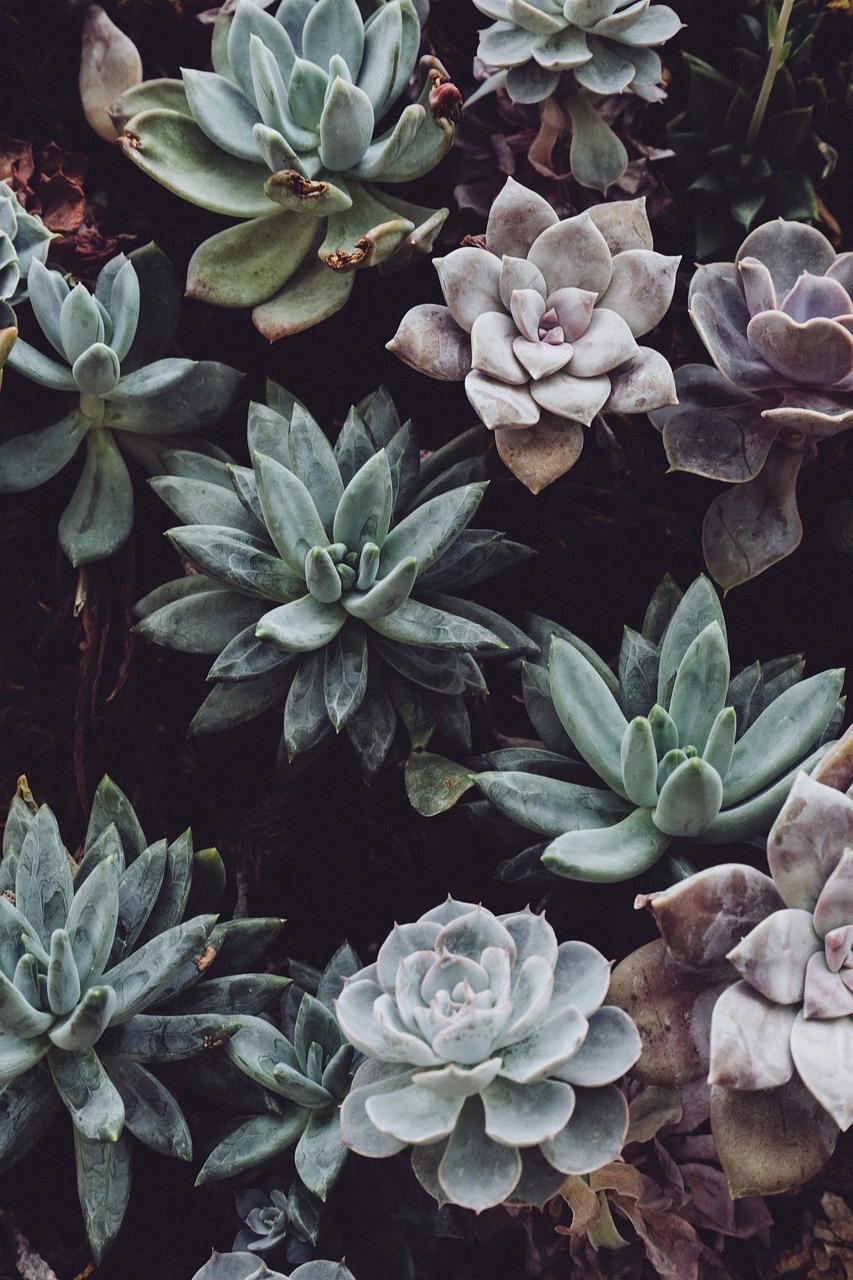Succulents are unique plants known for their ability to store water in their leaves, stems, and roots. They have adapted to survive in arid environments with minimal water supply, making them popular choices for indoor and outdoor gardens. However, despite their hardy nature, succulents still require proper care and maintenance to thrive.
The Importance of Fertilizing Succulents
Fertilizing plays a crucial role in providing succulents with essential nutrients to support their growth and overall health. While these plants are known for their resilience, they still benefit from a balanced diet of nutrients to maintain their vibrant colors, promote flowering, and prevent nutrient deficiencies.
Timing is Key
When it comes to fertilizing succulents, timing is key. The recommended frequency for fertilizing succulents is typically twice a year, at the beginning of their active growing season. For most succulents, this means applying fertilizer in the Spring, as they prepare for their growth phase, and in the Fall, before they enter their dormancy period.
Spring Fertilization
In the Spring, as the days lengthen and temperatures rise, succulents start to emerge from their dormant state. This is the perfect time to provide them with a boost of nutrients to support their new growth. Choose a balanced, water-soluble fertilizer with a low concentration to avoid overfeeding the plants.
Fall Fertilization
As Fall approaches and temperatures begin to cool down, succulents start preparing for their dormant phase. Fertilizing them in the Fall helps them absorb essential nutrients that will sustain them through the winter months. Opt for a fertilizer high in phosphorus to promote root development and energy storage.
Observing Your Succulents
While the general recommendation is to fertilize succulents twice a year, it’s essential to observe your plants and adjust the frequency based on their specific needs. Factors such as growth rate, soil quality, and natural light exposure can influence how often your succulents require fertilization.
Monitoring Growth and Health
Regularly monitoring the growth and health of your succulents can help you determine if they need additional fertilization. Look out for signs of nutrient deficiencies, such as discoloration, stunted growth, or leaf deformities. Adjust your fertilizing schedule accordingly to meet the plants’ needs.
Choosing the Right Fertilizer
When selecting a fertilizer for your succulents, opt for a well-balanced, liquid fertilizer specifically formulated for cacti and succulents. Avoid using high nitrogen fertilizers, as they can cause excessive growth and weaken the plants’ structure. Always follow the instructions on the fertilizer package for best results.
Application Tips
When applying fertilizer to your succulents, dilute it to half or quarter strength to prevent burning the plants’ roots. Water the plants thoroughly before and after fertilizing to help distribute the nutrients evenly in the soil. Avoid fertilizing newly potted or stressed succulents to prevent further damage.
Consideration for Indoor Succulents
Indoor succulents may have different fertilizing needs compared to outdoor ones due to limited sunlight exposure and restricted growth space. Adjust your fertilizing schedule for indoor succulents based on their unique environment, and supplement with occasional organic fertilizers to promote soil health.
Wrapping Up
Fertilizing succulents is a crucial aspect of their care routine that should not be overlooked. By understanding the needs of your plants, observing their growth patterns, and providing them with the right nutrients at the right times, you can ensure that your succulents remain healthy, vibrant, and flourishing year-round.

